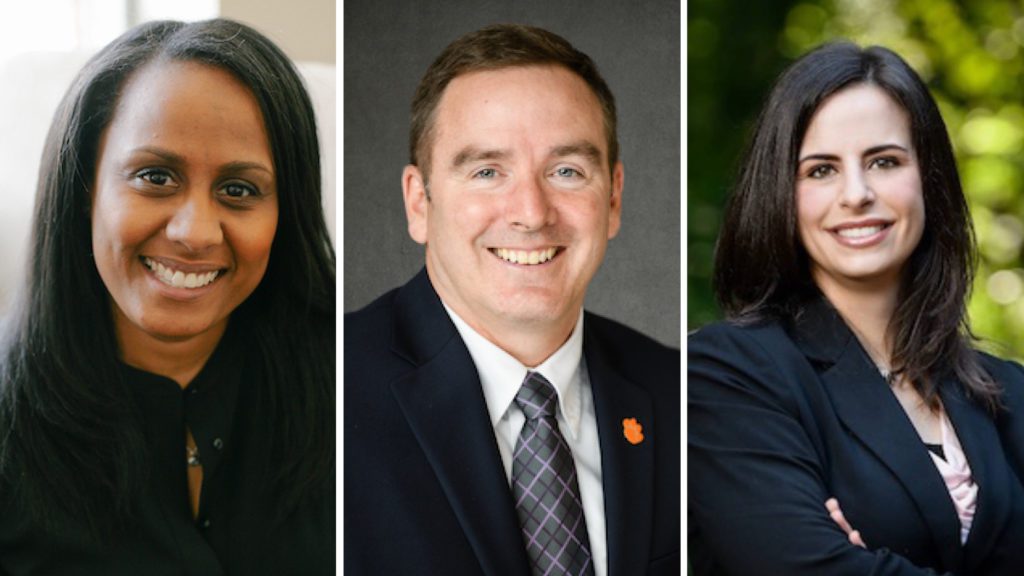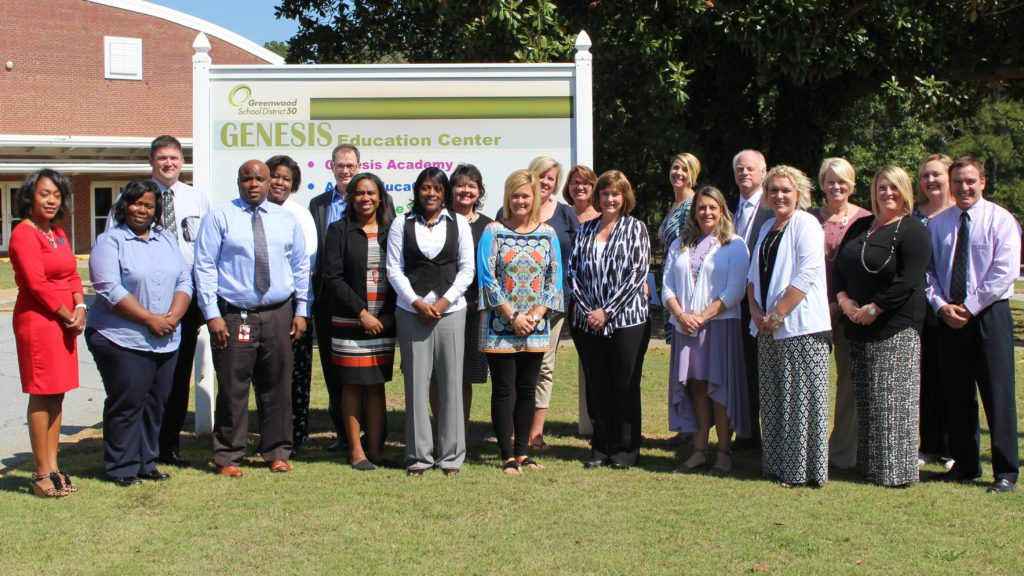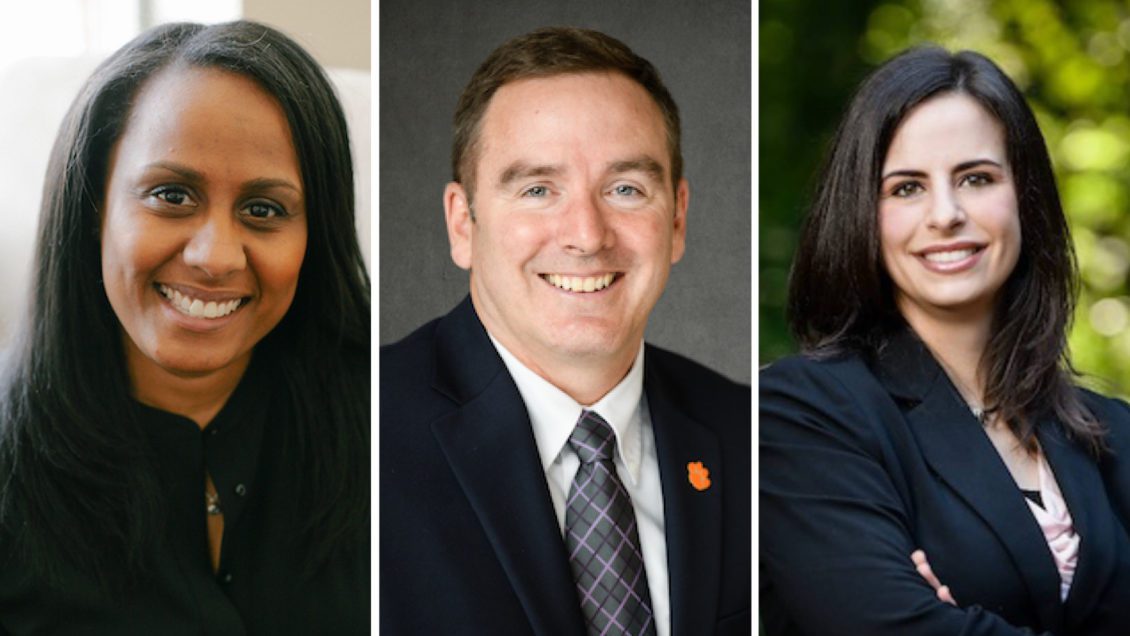The South Carolina Commission on Higher Education has awarded Clemson University a three-year grant to create a center of excellence to positively affect rural and high-poverty schools which have higher-than-average teacher turnover.
The Leading Educational Administrator Development for Excellent Rural Schools (LEADERS) Center of Excellence aims to develop current and future leaders and equip them with the means to improve processes in their schools.
According to Hans Klar, the center’s director and chair of the Clemson University Department of Educational and Organizational Leadership Development, the center seeks to ultimately create conditions in schools where teachers stay and thrive, improving student outcomes.
“Year over year, we hope to equip educators who are proven problem solvers with the means to improve their leadership abilities and, more importantly, coach others to solve problems,” Klar said. “It’s all about educators building the capacity to address their own challenges and the challenges their schools face, and then sharing what works with others.”
The districts involved in the project all come from the Western Piedmont Education Consortium, an association of school districts in upper Western South Carolina who work collaboratively to accomplish specific goals. Participating schools have been identified as rural, underperforming on some measure, or high-poverty schools with greater-than-average teacher turnover levels.
The center has already formed a steering committee of district representatives, which will recruit and select 20 practicing or recently retired principals and district leaders to serve as leadership coaches. During the summer of the project’s first year, the coaches will enroll in a three-credit graduate course on coaching for school improvement and attend an educational leadership summit.

Coaches will then be paired with 20 school leaders from participating schools. During the 2022-2023 academic year, the pairs will engage in professional development while implementing data-driven improvement efforts in their schools.
During the following academic year, this cycle will repeat, and another school leader will join the coach-leader pairing, forming a triad to address and build upon school improvement efforts. According to Angie Carter, co-director of the center and faculty in the College, the triad approach will only further increase the rate of learning for coaches and leaders-in-training.
“The benefit of this type of coaching situation is that the two leaders can play off of each other and learn from one another,” Carter said. “That bonus, informal and incidental learning can be extremely powerful, and we expect transformation to happen, especially as new leaders are added.”
Klar has found through previous research that peer coaching leads to a culture of support and increased use of data in decision-making. Carter said that the coaching model is a development tool that also builds capacity; those being coached are just as likely to take lessons learned back to their schools, where they can act as coaches themselves.
These leaders will not just return to schools equipped with coaching tools – another priority of the center is to train all involved in using improvement science. According to Noelle Paufler, co-director of the center and program coordinator for the College’s Doctor of Education (Ed.D.) in education systems improvement science, this discipline starts with a question or problem statement. It then aims to improve quality continuously in a data-driven way over time.

Examples abound of educators actively employing improvement science in schools. For example, if leaders recognize that newly recruited teachers lack confidence in their classroom abilities, they can use improvement science to provide professional development to teachers and gauge the effort’s effects. Using this approach, leaders can identify and address issues and design solutions that are open to tweaking in real time.
Paufler said the center’s coaching and improvement science approaches will go hand in hand. Improvement science is a proven, effective way to approach problems, and the chance of success in an intervention only improves when educators work as teams to create them.
“We have seen that iterative cycles of improvement at the school level can change educational outcomes in ways that benefit students and their families, especially those in rural, underperforming and high-poverty schools,” Paufler said. “When we know this to be true, preparing and supporting educators who can lead those efforts is a moral imperative.”
According to George J. Petersen, founding dean of the College, establishing this center of excellence is an exciting prospect for Clemson and the state of South Carolina because it leverages existing, proven programs defined by innovation and enables faculty to work directly with educators and schools.
“Schools face complicated problems, and those problems require innovative solutions,” Petersen said. “It’s no secret that our faculty are at the forefront of developing educational leaders and bringing real, actionable interventions to schools that make a difference. The best-in-class research and faculty from multiple College of Education programs will combine here to make a real difference in the state.”
Get in touch and we will connect you with the author or another expert.
Or email us at news@clemson.edu

